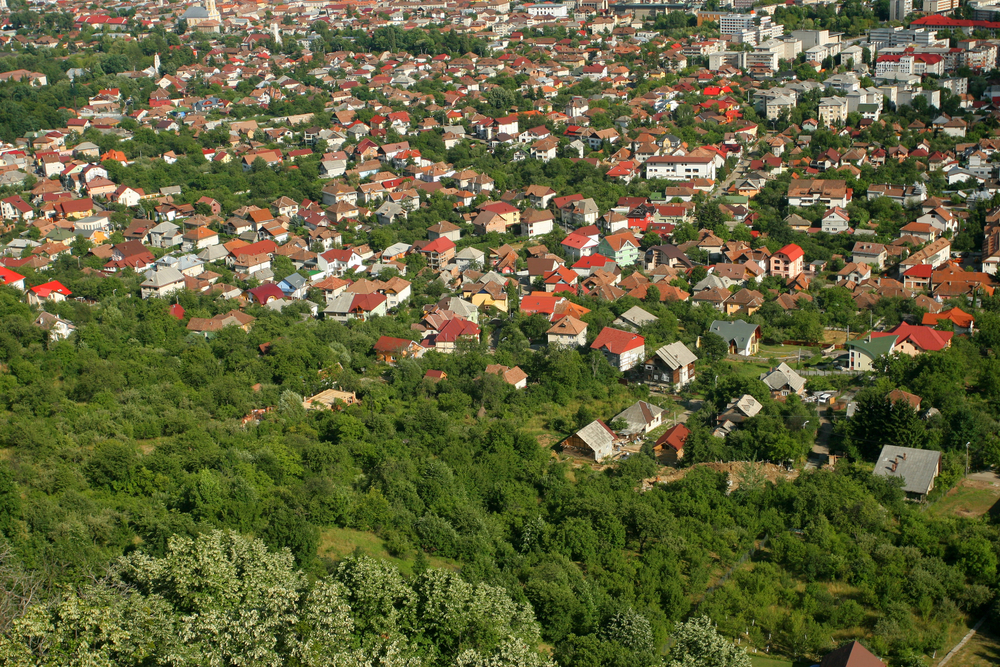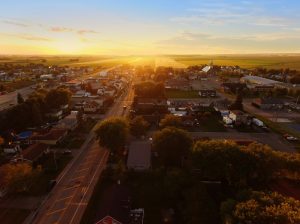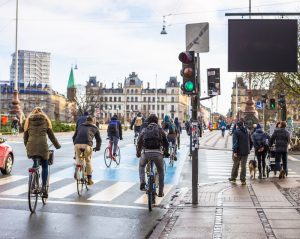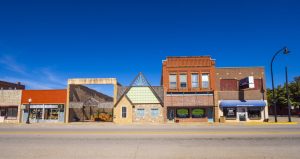A town or city can be found in almost every part of a country. People have chosen to live in these cities and towns based on their interests and what they need out of their lives.
Big cities and small towns differ in many ways.
A city in certain nations is defined as having a population of over 2,500, even though towns and cities are urban centers that differ in terms of geography, population, and the amount of infrastructure.
If you are considering relocations, consider the merits and disadvantages of both areas before making a decision.
We’ve outlined some of the disadvantages and perks of both big cities and small towns so that you can weigh your options more easily.
Table of Contents
Why is the cost of living higher in a city?
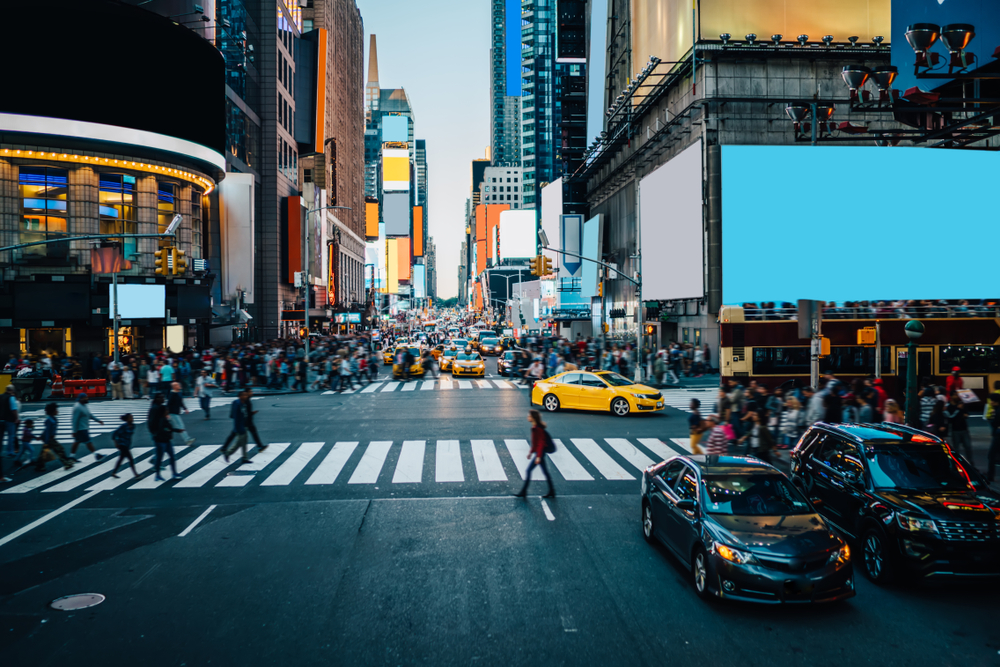
There is a substantial disparity in the expense of living in big cities and rural towns. Because of the increased population and demand, the cost of living in a large city is significantly higher than in a small town.
Landlords in cities often raise their rent prices in response to the number of people interested in a particular apartment and the demand for it.
Because it’s in a big metropolis, things like food and clothing are also more expensive.
Due to the strong demand for their products and the limited quantity of both space and commodities, some companies’ proprietors raise their prices.
Why do small towns have a lower cost of living?
Housing, food, utilities, entertainment, and transportation are less expensive in a small town. For the same price as a studio apartment in a big city, you can easily buy a house in a small town.
Small communities also tend to have lower property taxes, which makes buying a home less expensive.
Consumer items can be purchased at a fraction of the price they would be in a large city because of the abundance of small, locally-owned businesses that characterize small downtowns.
Do small towns have more green space than large cities?
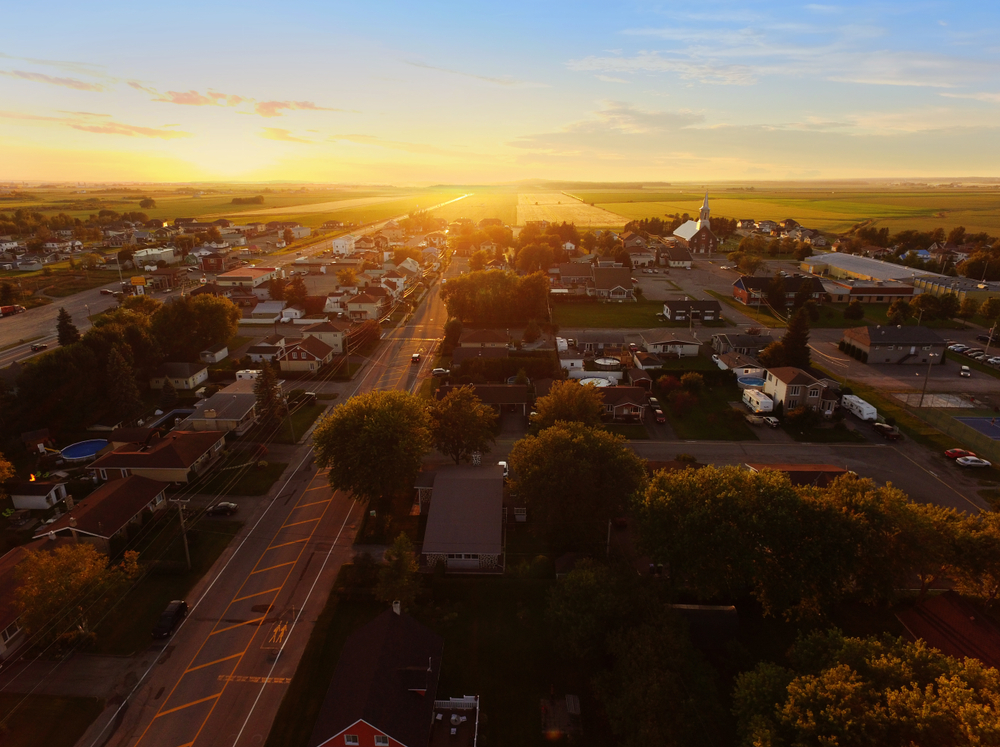
Yes! Because of this, a small town is usually better equipped to deal with the stresses of urban life because it has more outside space for recreation than a city.
It’s still possible to enjoy the outdoors in urban areas, like green spaces and lakes, even though they’ve been transformed into concrete jungles.
People in both of these places can enjoy a picnic or sports in their local parks.
Both small towns and large cities also host events in their green spaces, such as concerts, carnivals, and food festivals.
Do small towns have the same “hustle and bustle” of cities?
The pace of life in a small town is slower and more laid back than in a big city. Big cities may be overwhelming and lonely, and it’s easy to get lost in the commotion.
Small-town life, on the other hand, allows you to take your time and appreciate the little things in life.
Because you’re not always rushing about, life in a small town is less stressful. In a big city, for example, to get to the next customer, clerks are constantly pushing you through the line.
When you shop in a small town, though, you’ll find that clerks are more likely to ask you about your day and give you a friendly smile.
Is it less crowded in small towns?
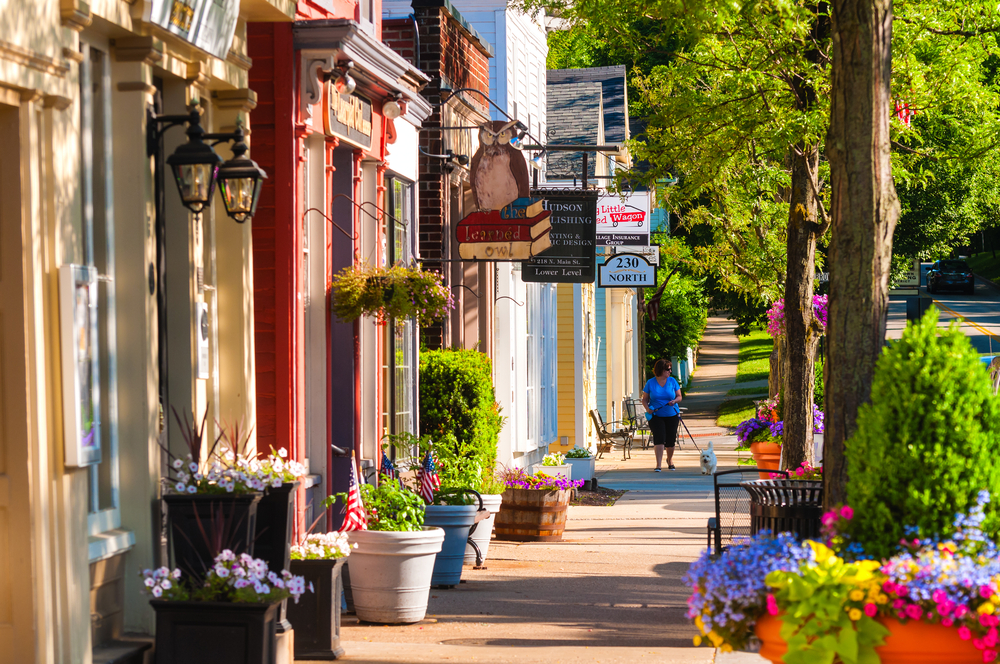
People in big cities are often crammed together. You can’t go down the block without brushing against another person.
On the other hand, small towns are less busy, allowing you to take a breath and feel more present.
If you live in a small town, you won’t be waiting an hour for a meal on a Friday night like you would in a big metropolis. There’s even less traffic in small towns.
During rush hour, it can take a couple of hours to drive just several miles in a city, particularly if you live in an urban area.
However, small communities do not face heavy traffic. When you live in a small town, you don’t have to deal with traffic on your route to and from work because there are far fewer vehicles on the road.
Because of this, small-town roads are less prone to traffic accidents.
Is there less crime in small towns compared to cities?
This is a crucial consideration for parents while looking for a new home. There is a huge difference between the crime levels in a small town and a large urban area.
Choosing to live in a small town provides a safe atmosphere for children to be raised in. When your children are outside, you don’t have to worry about them getting hurt.
It’s also less likely that your automobile will be taken if you leave the door unlocked in the morning. Because crime is so uncommon in small towns, residents often feel safer.
Do small towns have less pollution compared to big cities?
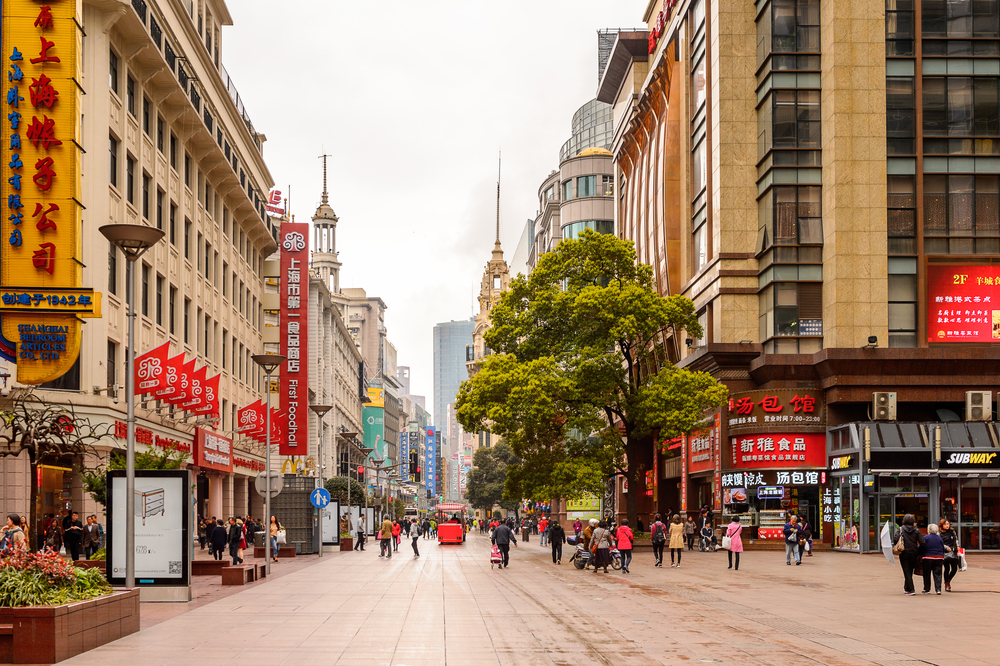
In a tiny town, you can attribute the clean air to the smaller group of people and less traffic – pollutants are reduced when there are fewer vehicles on the road.
However, not all small towns are less polluted than large cities. Towns that sit near large factories or polluted waters can struggle with clean air and water just like those in large cities do.
Do small towns have a greater sense of community than large cities?
In a tiny community, everyone knows everyone. All residents are invited to participate in municipal events, which foster a stronger sense of community among the people of the town.
Walking down the street, you’re bound to run across a familiar face who will smile at you or say something encouraging.
On a busy metropolitan street, you’re unlikely to run into someone you know, and strangers typically avoid interacting with each other.
As a result, you may experience a sense of isolation that you would not encounter in a small town.
However, those who live in small towns yet feel like they don’t fit in may have an easier time finding their community in a large, more diverse city.
Do small towns have strong and unique traditions?
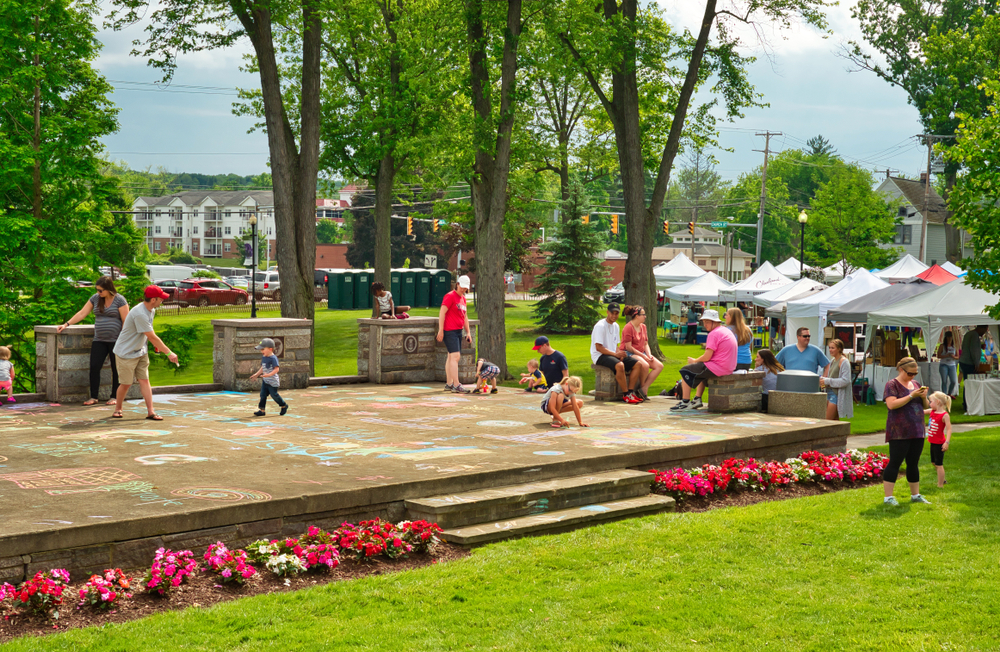
Another pleasure of living in a small town is the opportunity to participate in local traditions.
The customs and festivals in your town may seem strange to you if you’re not from there, but the locals enjoy them and look forward to them every year.
There may be a parade or festival to commemorate everything from Christmas to the town’s founding to a local harvest, depending on the occasion.
Big cities vs. small towns: Which has more cultural diversity?
If you asked this question a few years ago, the answer would have been both. Diversity has risen since 1980 in 98% of large cities and 97% of smaller ones in the United States.
Even in the suburbs, there is more diversity than there used to be. Rural areas have also seen significant growth.
From 1990 through 2010, nine out of ten rural areas saw an increase in variety, and similar changes occurred across the country.
There is less of a separation between urban and suburban areas than there was in the past.
Metropolitan areas including Washington D.C. and Los Angeles, that have large immigrant populations, are seeing Asians and Latinos settling more in affluent suburbs.
Of course, some neighborhoods have benefited more from the influx of new residents than others.
Why are crimes rates lower in small towns?
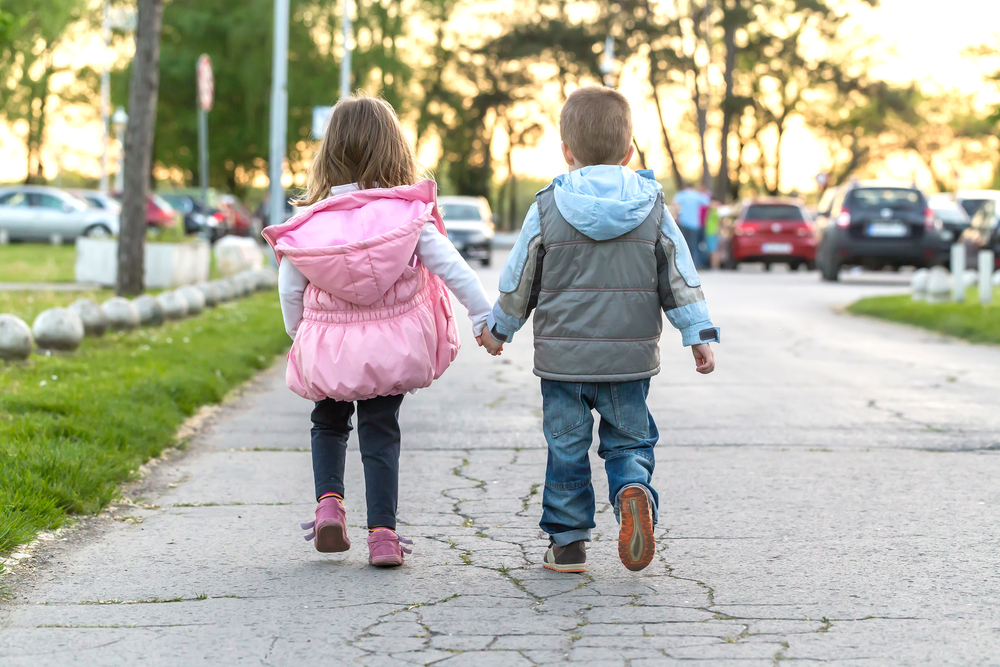
Compared to smaller cities and rural areas, crime rates are substantially greater in big cities.
This research uses victimization statistics, criminal activity statistics from the NLSY, as well as Uniform Crime Reports to establish this correlation.
Only one-quarter of the correlation between city population and crime statistics can be explained by higher monetary rewards for criminality in big cities.
In cities, the chances of being apprehended and being recognized are reduced, although this only accounts for about a sixth of the urban crime impacts.
Approximately a third to half of the influence of cities on crime could be described by cities having more residences headed by women.
Do small towns have public transportation?
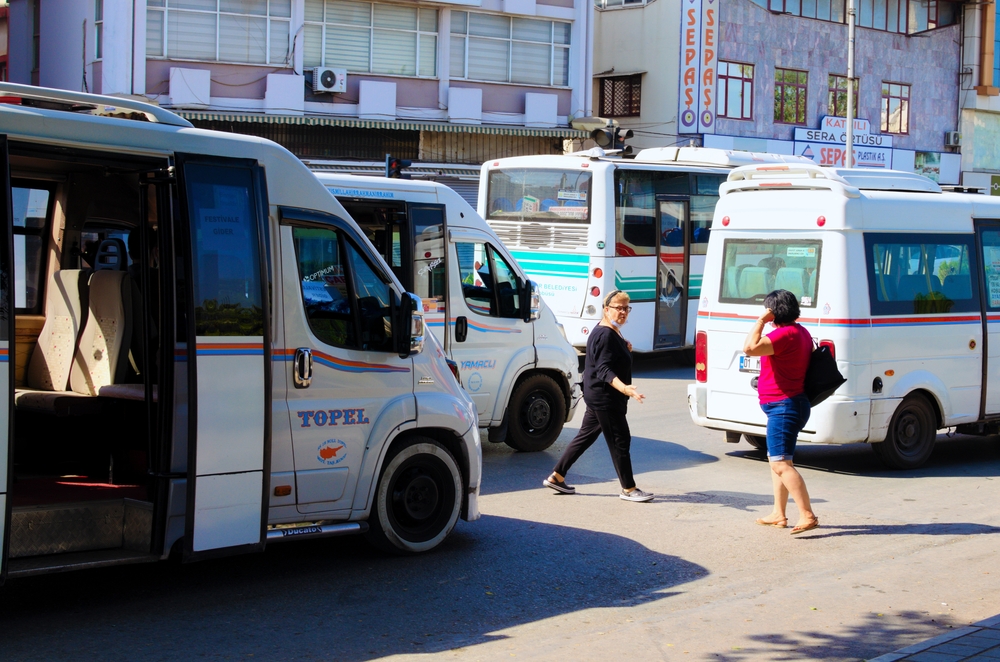
Sometimes they do have buses that pass through and the occasional taxi, but most times they don’t.
Individuals often choose to live in cities because of the accessibility and affordability of public transportation.
For example, while Atlanta, Georgia, has buses, trains, streetcars, taxis, and rideshare services, Eastman, Georgia, has only school buses.
If you have an emergency and do not have a vehicle or a neighbor with a car, you could be in for some trouble if it takes a while for an ambulance to reach you.
City dwellers spend less time traveling to other locations like their employment and universities because of well-developed public transit systems across many modern cities.
City dwellers often prefer to use public transit to avoid traffic and the high cost of parking that many cities have.
In fact, many people prefer not to have a car at all, and as such, larger cities with good public transit are the best option for them.
Do small towns lack medical facilities?
Compared to small towns, metropolises have more health services, allowing city inhabitants to receive treatment more quickly in the event of illness or injury.
Because there are fewer hospitals in rural locations, people who require medical attention must travel a significant distance to reach help – which might be hazardous to their health.
Do cities have better entertainment?

Cities offer more entertainment options than rural areas, making city life preferable. Again, Atlanta, for example, has more than sixty cinemas and theaters, and many malls.
However, Eastman has no malls and one cinema.
Cities provide a wide variety of entertainment options for inhabitants to choose from, including shopping malls, movie theaters, and nightlife.
In addition, residents of large cities frequently have the opportunity to meet and socialize with people in person.

